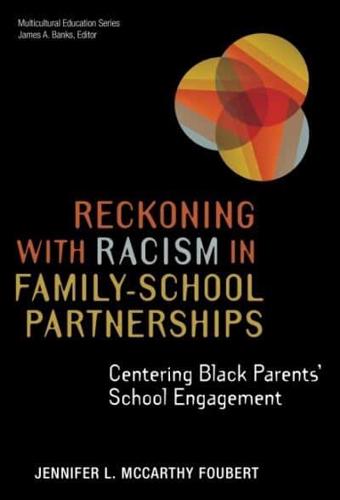Publisher's Synopsis
Drawing from the lived experiences of Black parents as they engaged with their children's K-12 schools, this book brings a critical race theory (CRT) analysis to family-school partnerships. The author examines persistent racism and white supremacy at school, Black parents' resistance, and ways school communities can engage in more authentic partnerships with Black and Brown families. The children in this study attended schools with varying demographics and reputations. Their parents were engaged in these schools in the highly visible ways educators and policymakers traditionally say is important for children's education, such as proactively communicating with teachers, helping with homework, and joining PTOs. The author argues that, because of the relentless anti-Black racism Black families experience in schools, educators must depart from race-evasive approaches and commit to more liberatory family-school partnerships.
Book Features:
- Includes an introduction to CRT and explains how it informed this study.
- Draws from Derrick Bell's notion of racial realism to make sense of Black parent participants advocating for high-quality education in the context of persistent anti-Black racism.
- Examines how Black parents resisted individualism and were, instead, committed to improving the education of all marginalized children.
- Shows how white supremacy operated in shared school governance despite schools having inclusive practices.
- Explores how anxiety and stress caused by the Trump presidency impacted parents' school engagement.
- Describes three ways any school community can develop family-school partnerships for collective educational justice.









